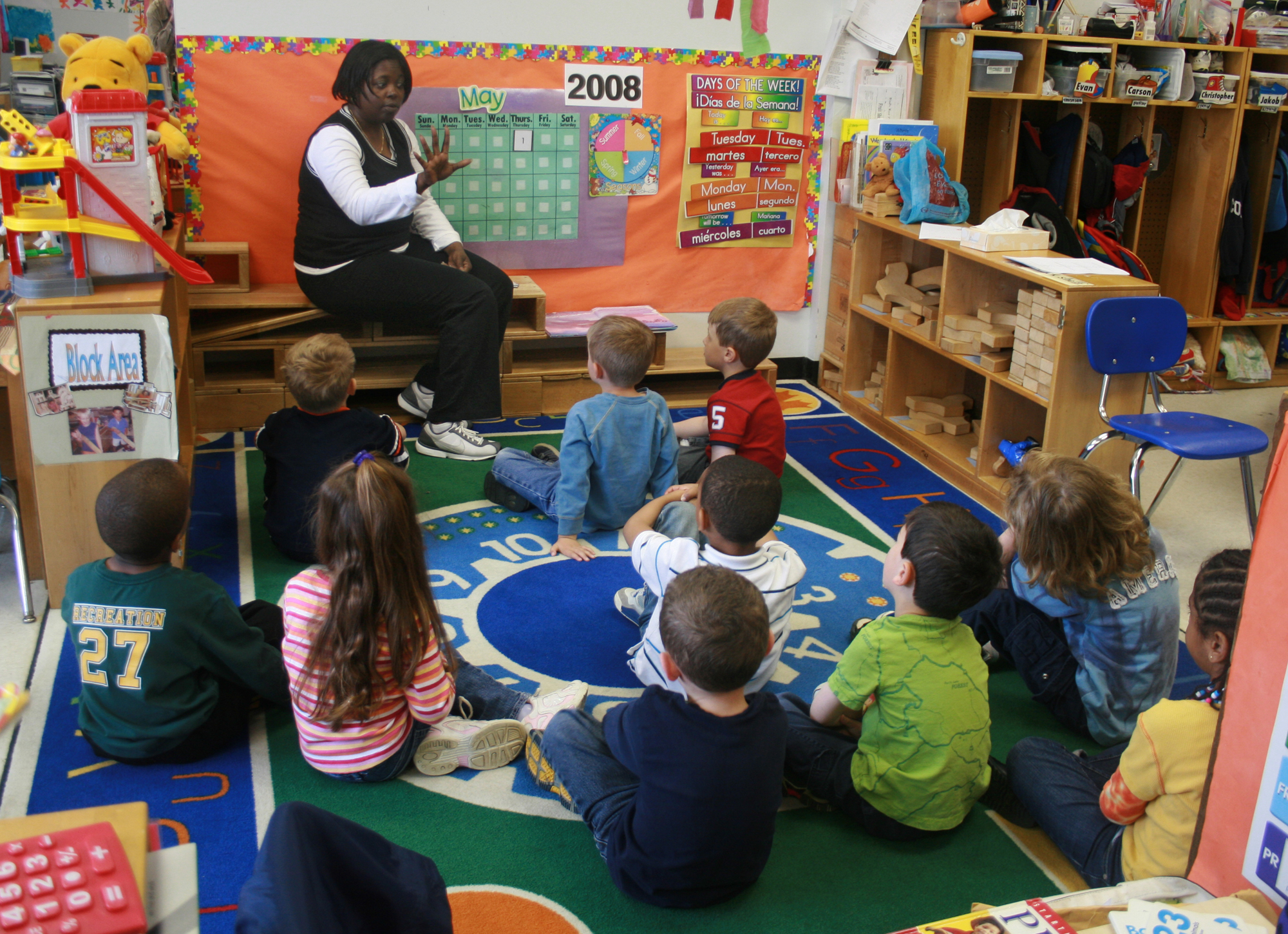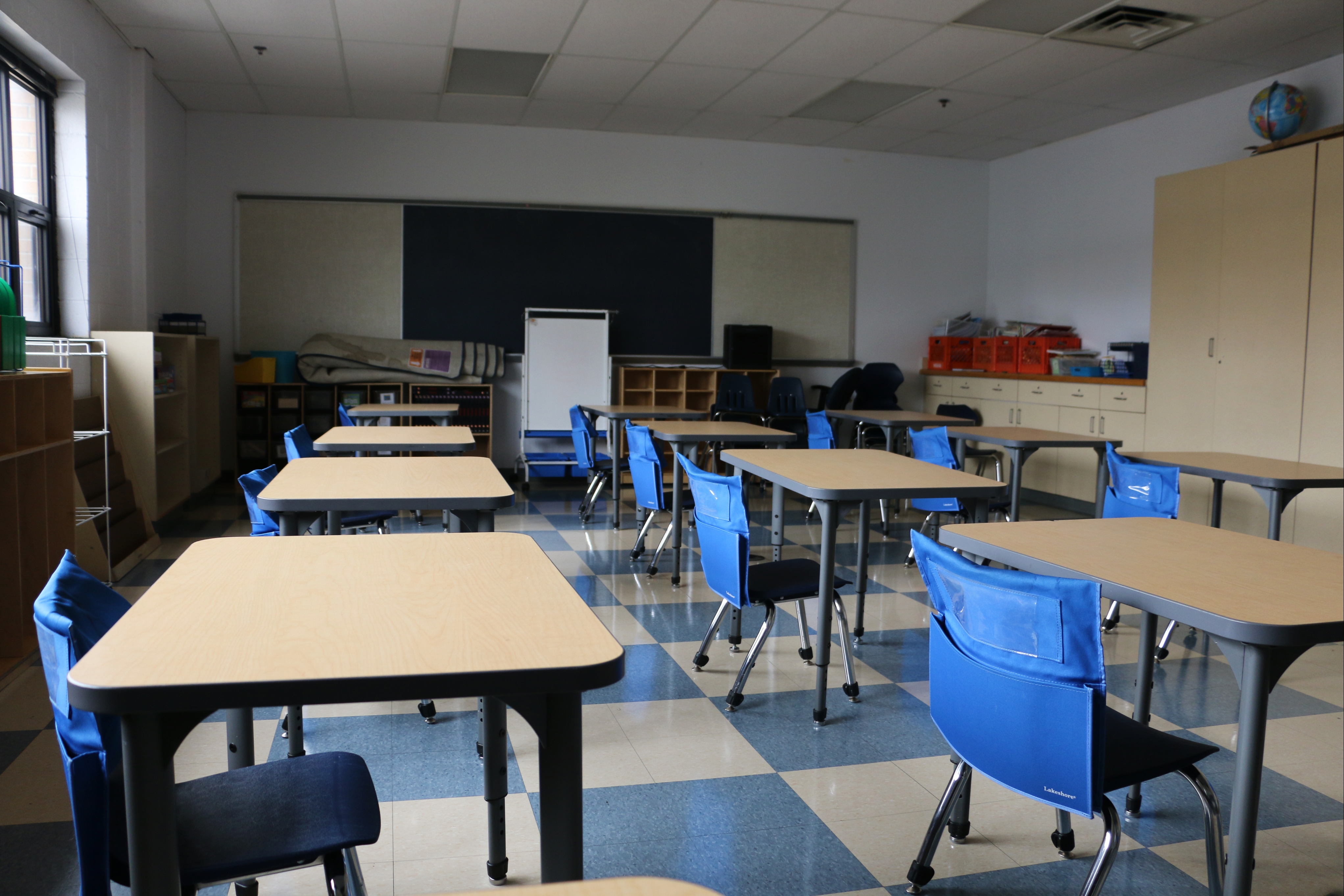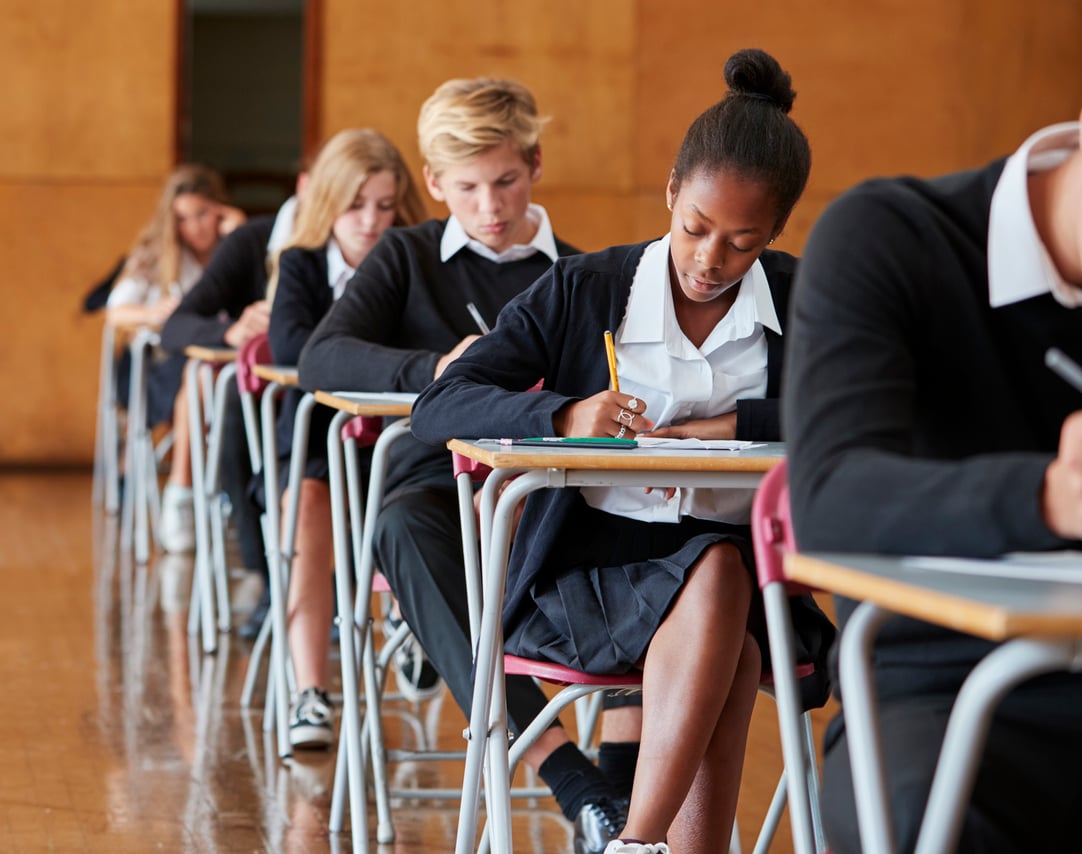The Duty of Parents and Educators in the Effort to Save Temecula Schools
The Duty of Parents and Educators in the Effort to Save Temecula Schools
Blog Article
Comprehending the Value of Colleges in Child Advancement and Community Development
Schools offer as critical institutions for kid growth and community growth, giving settings where academic accomplishments are complemented by the farming of social skills and exposure to diverse point of views. These instructional setups not just advertise crucial reasoning and reliable communication yet likewise foster empathy via joint projects. Additionally, schools' involvement with regional areas with service-learning efforts enhances the bond between family members and universities. This symbiotic partnership highlights the importance of schools in supporting energetic citizenship and lifelong learning habits. Nevertheless, what are the particular devices by which these institutions accomplish such extensive impacts?
Academic Achievement
Academic achievement serves as a foundation of kid development, providing the structure upon which future knowing and success are developed. Schools play a critical role in fostering this scholastic growth, supplying organized environments where children can obtain essential understanding and cognitive skills. Standardized educational program guarantee that students gain proficiency in core topics such as maths, scientific research, and language arts, which are vital for both college and specialist chances.
Along with giving essential academic abilities, schools additionally grow vital thinking, analytic abilities, and intellectual inquisitiveness. These cognitive competencies are vital for navigating complex real-world situations and adjusting to the ever-evolving needs of the contemporary work environment. Teachers, as facilitators of understanding, utilize diverse instructional strategies to satisfy varied knowing designs, therefore making the most of private pupil capacity.
In addition, scholastic success is closely linked to self-esteem and inspiration. Youngsters that experience scholastic success are much more most likely to develop a favorable self-concept and a lifelong enthusiasm for learning. Schools likewise use various sources, such as collections and technology, which further improve the educational experience and prepare students for a highly advanced culture.
Social Ability Growth
Beyond scholastic achievement, the role of colleges in social skill advancement is important. Schools act as a primary location for kids to learn and practice important social skills such as problem, communication, and cooperation resolution. In the organized environment of a classroom, pupils interact with peers, teachers, and other college team, offering countless chances to develop these vital capabilities.
Efficient social ability development in schools is promoted via group tasks, collaborative jobs, and extracurricular programs. These interactions assist students recognize social standards, construct empathy, and cultivate a feeling of neighborhood. For instance, group projects instruct pupils exactly how to interact in the direction of a typical objective, listen to different viewpoints, and browse differences constructively.

The cultivation of social abilities throughout academic year lays a foundation for future individual and expert relationships. Save Temecula Schools. As students grow, the capacity to effectively work together and interact comes to be significantly crucial, emphasizing the college's critical function in holistic kid development
Direct Exposure to Diversity
Exposure to diversity in schools is fundamental look at this now to fostering a comprehensive frame of mind and widening students' perspectives. Schools function as a microcosm of the broader society, and experiencing varied cultures, languages, and socioeconomic histories within this environment gears up pupils with vital abilities for navigating an increasingly globalized world. This direct exposure encourages compassion, minimizes prejudices, and advertises common regard amongst peers.
Research indicates that pupils that interact with peers from diverse histories show much better analytic skills and creative thinking. This understanding of variety prepares pupils for future workplaces that worth multicultural capability - Save Temecula Schools.

Community Engagement
The benefits of varied class expand past the institution wall surfaces, fostering a solid sense of neighborhood involvement amongst students. By engaging with peers from different cultural, socioeconomic, and ethnic backgrounds, trainees acquire a wider point of view and an admiration for diversity. This exposure encourages them to end get redirected here up being energetic citizens that want to add favorably to their neighborhoods.
Schools that stress area involvement frequently include service-learning tasks, which permit students to attend to real-world issues while using academic skills. These projects not only boost trainees' understanding of their coursework however also infuse a feeling of duty and empathy. Moreover, partnerships between institutions and regional companies offer trainees with possibilities to join community events, additionally solidifying their role as aggressive area participants.
Furthermore, adult and neighborhood involvement in colleges strengthens the bond between educational institutions and the communities they serve. Via these efforts, institutions play a pivotal role in nurturing neighborhood engagement and cultivating societal development.
Lifelong Discovering Routines
Developing lifelong knowing practices is essential for a youngster's continuous development and adaptability in an ever-changing globe. Colleges play a pivotal function in instilling these routines by producing an atmosphere that fosters interest, essential thinking, and a love for expertise. With diverse curricula and after-school activities, educators motivate students to check out numerous topics, examine info critically, and apply their finding out to real-world circumstances.

Moreover, institutions provide an organized setting where children can establish self-control and time administration abilities, both of which are important for constant understanding. By stressing the value of establishing have a peek here objectives, reviewing progress, and adjusting strategies, schools prepare pupils to navigate the complexities of grown-up life, ensuring they stay lifelong students and contributors to society.
Conclusion
In conclusion, institutions are important in fostering youngster advancement and community growth by supplying atmospheres for academic accomplishment, social skill growth, and exposure to diversity. With collective projects and communications, colleges boost crucial thinking, empathy, and communication abilities. Area interaction initiatives even more enhance the bond between universities and neighborhood neighborhoods. Inevitably, schools cultivate long-lasting knowing behaviors, outfitting people with the necessary expertise and skills to add positively to society.
In the structured environment of a class, trainees communicate with peers, instructors, and other school personnel, offering various possibilities to establish these critical abilities.
In essence, direct exposure to diversity within colleges not just enhances private trainees yet also enhances the social fabric of the neighborhood as a whole.
The benefits of diverse classrooms expand beyond the institution wall surfaces, cultivating a strong sense of area engagement amongst pupils.Institutions that highlight neighborhood interaction often include service-learning projects, which enable students to attend to real-world issues while applying academic skills. Collaborations between schools and neighborhood companies provide trainees with possibilities to take part in community occasions, further strengthening their role as positive community members.
Report this page